Early pioneers
This page looks into the lives of some of The Salvation Army's early pioneers.
George Scott Railton
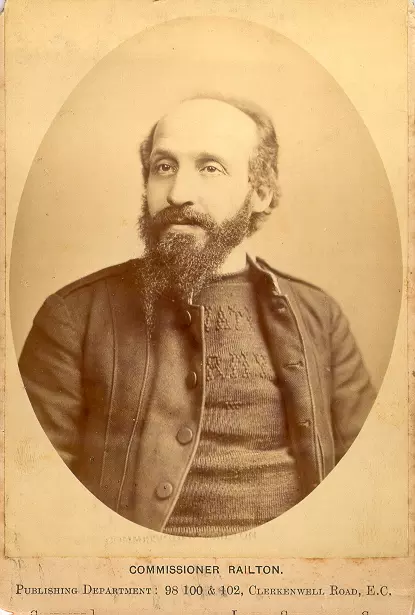
George Scott Railton was born in Arbroath, Scotland in 1849, the son of Methodist missionaries. In 1872, Railton read a copy of the Christian Mission’s report ‘How to reach the masses with the Gospel’. Moved and inspired, he wrote to William Booth and subsequently joined the Christian Mission. For some years, he lived with the Booth household as William Booth’s secretary. He became the acting editor of The Christian Mission Magazine and in September 1873 was appointed General Secretary to The Christian Mission.
In 1880, Railton travelled to New York with seven female officers (ministers) - nicknamed the 'Hallelujah Lassies' - to start the first Salvation Army mission in the United States. He also began the work in Newark, New Jersey.
Three years later, he married Marianne Parkyn at Exeter Hall on The Strand, London. Whilst on honeymoon Railton and his new wife travelled to Felixstowe and, after being invited to a small service at a local chapel, began The Salvation Army's work there. Railton went on to conduct campaigns in South Africa, Holland, South America, the West Indies, the Far East, West Africa, Russia, and Turkey. He was appointed head of SA work in Germany, from 1890 to 1894 and was Territorial Commander in France from 1901 to 1902. In 1906, in accordance with William Booth’s wishes, he scouted China to look for possibilities for the Army's work which began in 1915.
In July 1913, after running for a train in Cologne with heavy baggage, he collapsed and died at the age of 64. His first lying in state was at the men's shelter in that city. There is a memorial to the late George Railton in Battery Park, Manhattan, New York City and The Railton School for Youth Worker Training in Suffern, New York is named after him. On Friday 21 September 2012, a plaque was unveiled for George Scott Railton in Arbroath, Scotland.
Caroline Reynolds
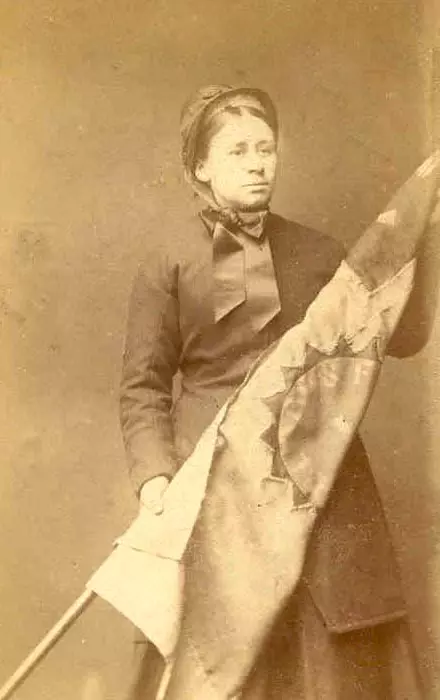
Evangelist Caroline Reynolds was a member of the Christian Mission and then The Salvation Army. She was sent to open the Army in Coventry in 1878, before pioneering work in Ireland. Reynolds also worked as the ‘home mother’ at Hanbury Street Shelter. She died in June 1939.
Elijah Cadman
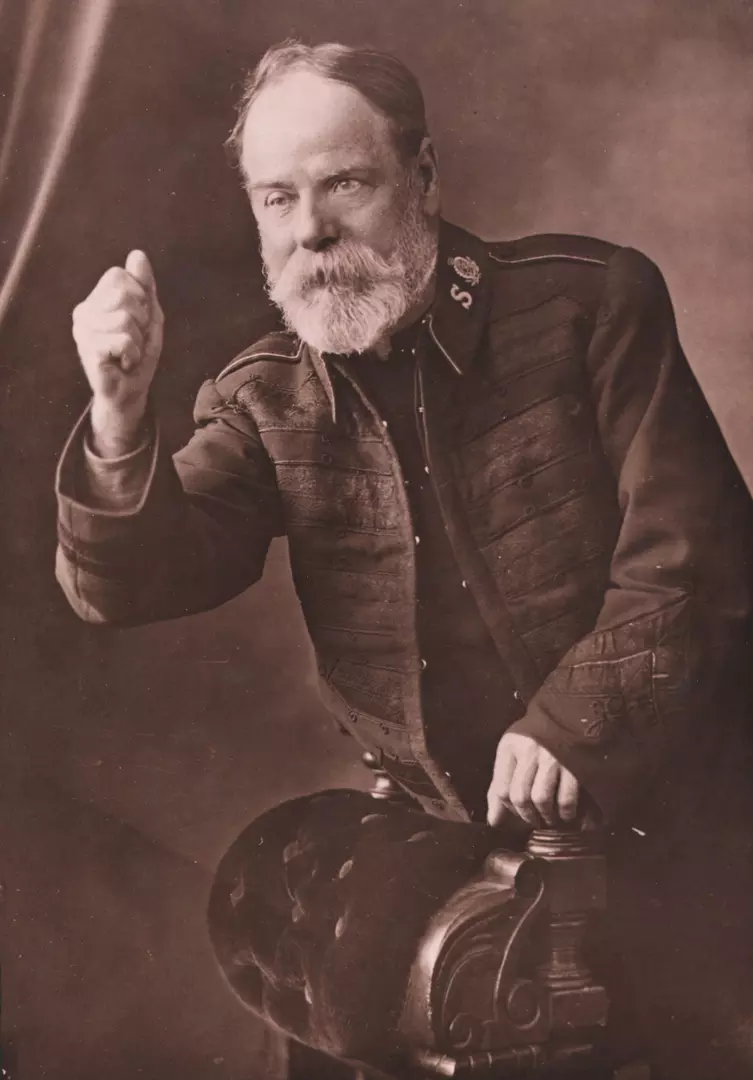
Elijah Cadman was born in Coventry on 10 December 1843. In his late teens Cadman began a process, via abstinence from tobacco and alcohol, which led him to become a Primitive Methodist preacher in Rugby. At this time Cadman was illiterate and he had to memorise songs and bible verses. During the course of 1876, Cadman became aware of William Booth and went to London to meet him. Cadman was so impressed by Booth that a fortnight later he moved to the capital and became a travelling evangelist with the Christian Mission. Cadman was instrumental in the militarization of the language used by the Mission. He was soon referring to William Booth as ‘General of the Hallelujah army’ and his reports in The Christian Mission Magazine were ‘War News.’
Cadman became a Major with the Yorkshire Division, where he spread The Salvation Army throughout the county; opening Corps at York, Scarborough, Halifax and Shipley. In 1888 he was appointed to International Headquarters in London and in 1890, now a Colonel, he became the first leader of the Men's Social Work Headquarters and administered the ‘Darkest England’ scheme.
Cadman later held the role of International Travelling Commissioner and accompanied William Booth on all his motorcades. Cadman himself went on several international tours, including to Africa in 1903, Australia in 1907 and Canada in 1908-1909. Cadman died on 12 December 1927.
Catherine Hine
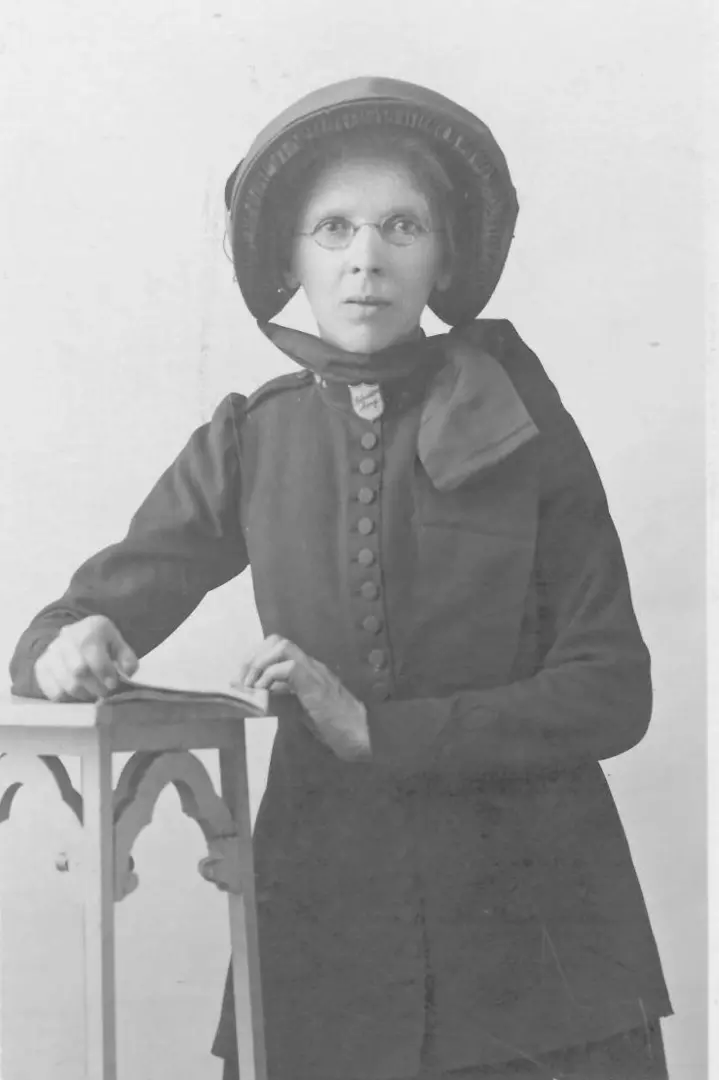
In 1914 Catherine Hine became a soldier at Limehouse Corps in the East End of London. Catherine visited the local Chinese community and chatted with the laundry men at their work. She taught them English and they helped her learn Cantonese; and by the use of an Army flag Catherine introduced them to Jesus. In 1914 some 30 Chinese converts took part in the London Congress. When Catherine received The Salvation Army’s highest honour, The Order of the Founder, the citation said that she: ‘pioneered almost alone and often unaided, amidst considerable difficulties the Army’s work among the Chinese in the East End of London.’
James Dowdle
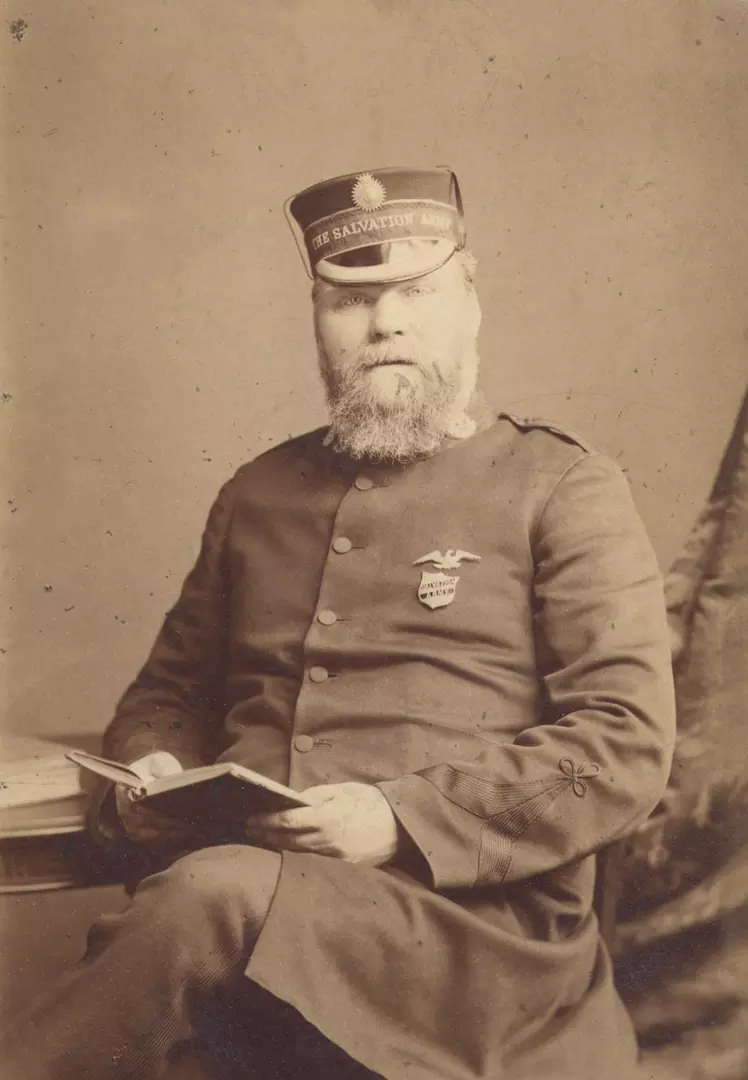
James Dowdle was born on 20 December 1840. In 1866 he was a member of Paddington corps and went on to serve appointments in Poplar, Chatham, Middlesboro', Leeds, Bradford, Plymouth and Liverpool. He married Sister Stevens in 1869 and became Divisional Officer of the Northern Territory in 1880. Dowdle was nicknamed the ‘saved railway guard’. He was an enthusiastic evangelist, known to ‘win people’s hearts’, and was a loyal and trusted friend of General Booth. He died on 21 July 1900.
Ella Cates
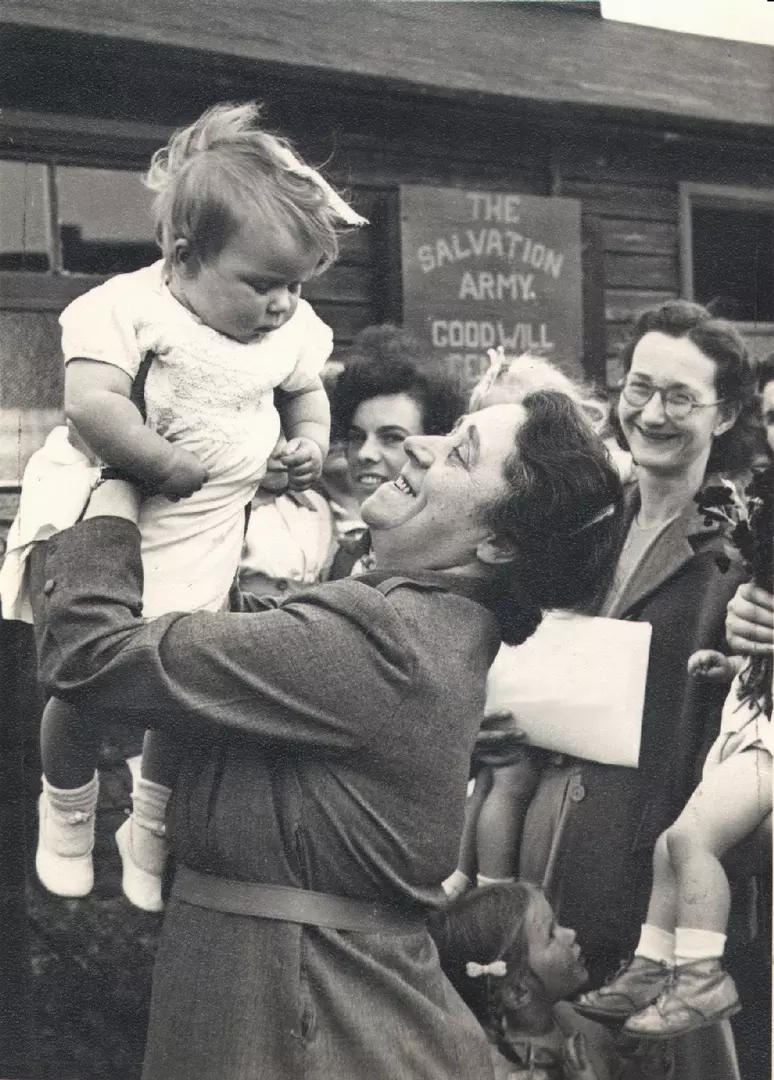
Ella Cates came out of Prescot in 1926. In the 1940s she served in the slums of Bath and London and dedicated her life to Goodwill work. The Major told her Lieutenants:
George Ewens
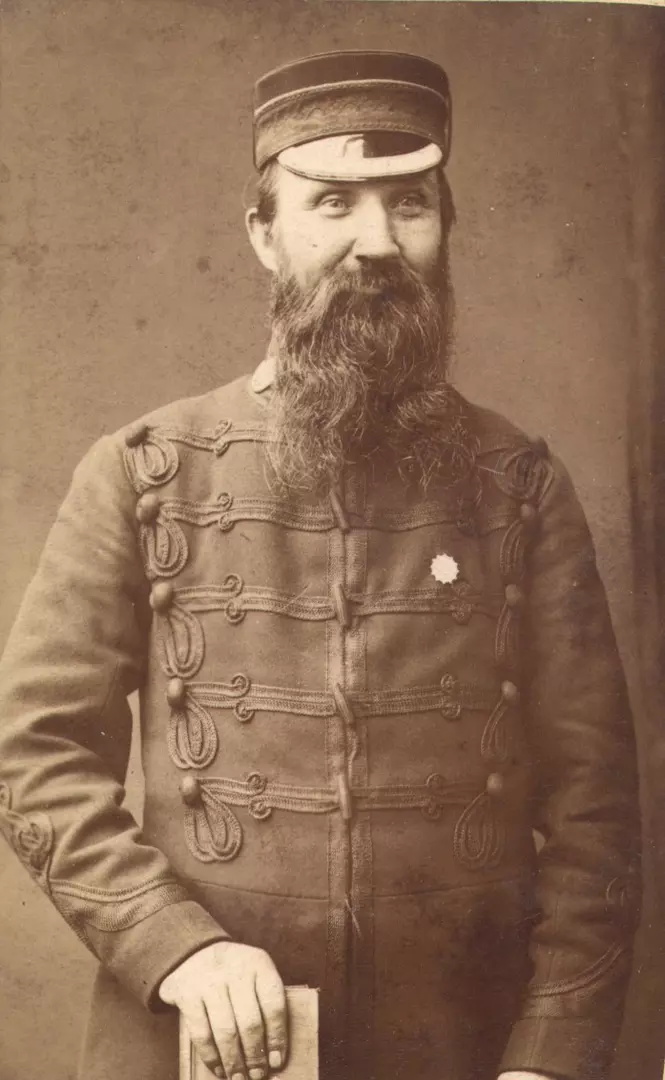
George Ewens was born in 1841 in Taunton. He came out of Notting Hill in 1880 and became the first editor of The Salvation Army’s newspaper, The War Cry, 1880-1886 after the first edition was published on 27 December 1879. For several years Ewens worked in villages across Devon and West Somerset before becoming personal assistant to Commissioner Frederick Booth-Tucker. Ewens then went on to begin Salvation Army work in Gibraltar and eventually retired in Weston-Super-Mare on 19 June 1926.

Florence Booth
Florence's women's ministry led to social work centres across the country

Frederick Booth Tucker
Frederick Booth-Tucker pioneered work in India and together with Emma Booth-Tucker, revitalised the American Salvation Army

Generals
Information on all the Generals of The Salvation Army

People
Find out more about The Salvation Army’s founders, leaders and early pioneers.